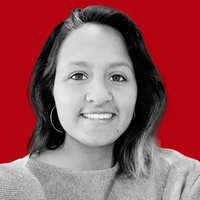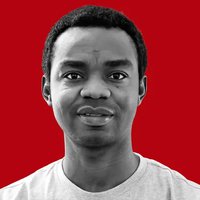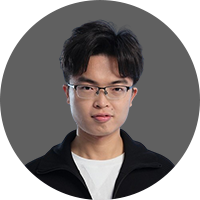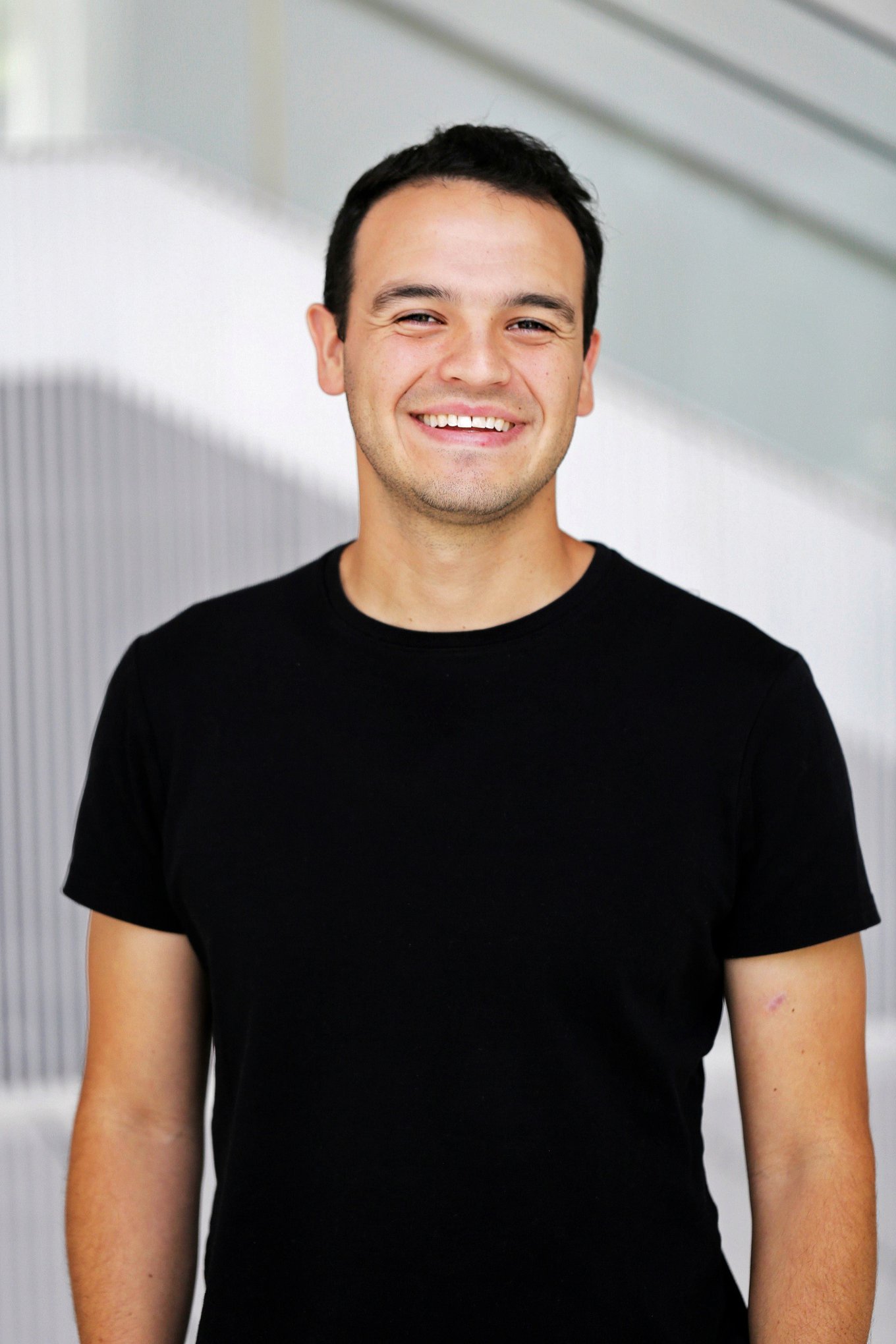Access to drinking water is very
limited in Mexico's poorest neighborhoods and cities: between 12.5 and 15
million inhabitants of the North American country do not have access to it.
Almost 30% of Mexicans who do have access to drinking water do not receive it
in sufficient quantity or quality, despite the fact that it is a human right.
According to the Economic Commission for Latin America and the Caribbean
(ECLAC), an investment equivalent to 1.3% of the region's gross domestic
product (GDP) would be needed over ten years to achieve universal coverage of
safe water and sanitation throughout Latin America.
Aware of this problem and in the
absence of reliable data on water use in informal settlements, Mexican robotics
engineer Andrés Rico (28 years old) decided to devote his doctoral thesis at
the Massachusetts Institute of Technology to tackling the water crisis. This
young man has developed a low-cost, open-source sensor network that measures
parameters such as water quality, quantity, and use. With the help of artificial
intelligence (AI), this data is analyzed to extract useful information and
achieve more effective water management for disadvantaged families.
Rico explains that his solution
makes it possible, for example, to know the quality of the different water
sources and thus use the poorer quality water to clean the floor instead of for
cooking, reserving the higher quality water for sanitary uses. The development
of this product, he adds, is the result of "a process of co-creation with
the communities to avoid a top-down approach." For his development of a
cost-effective solution to help households in Mexico's informal settlements
better manage their scarce water resources, Rico has been named by MIT
Technology Review in Spanish as one of the Innovators Under 35 Latin America
2023.
The system generates data that will
also help researchers and authorities make better decisions about water
infrastructure. "Currently, it is analyzed through censuses and surveys
that take a long time and do not include as much detail as that provided by
sensors," explains Rico. Thanks to this real-time updated information,
access to water in the most vulnerable communities can be improved.
After a pilot test in Guadalajara, Mexico, the young engineer wants to scale the water sensor network to more
homes and cities. In addition, he aspires to further democratize this
technology by publishing the code in scientific articles, which will allow the
communities themselves to install the water measurement system and improve access and consumption of this essential liquid in marginal areas and obtain useful
data for their inhabitants.




